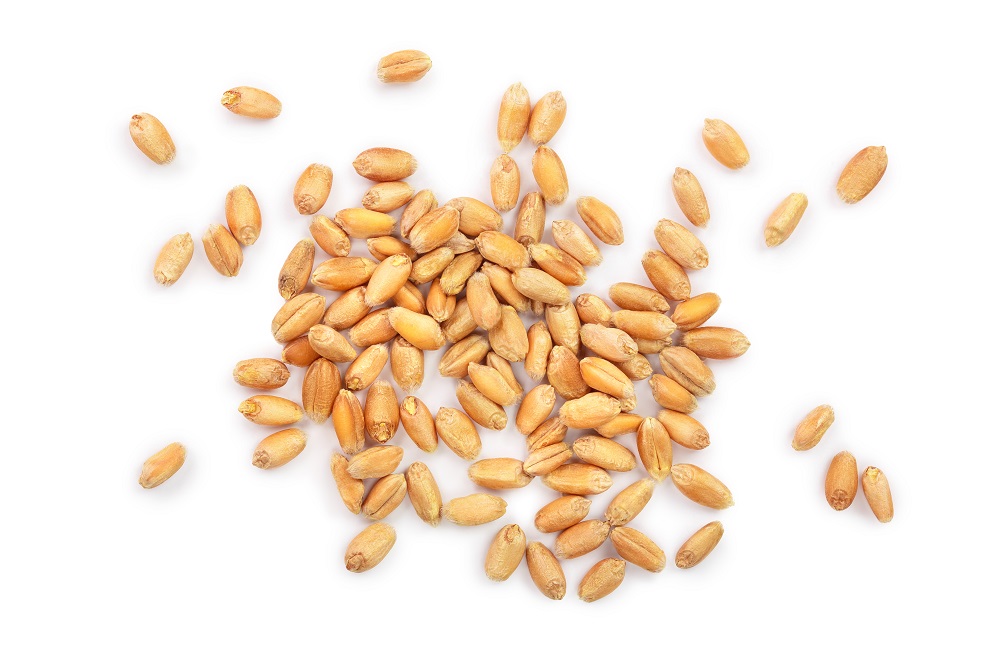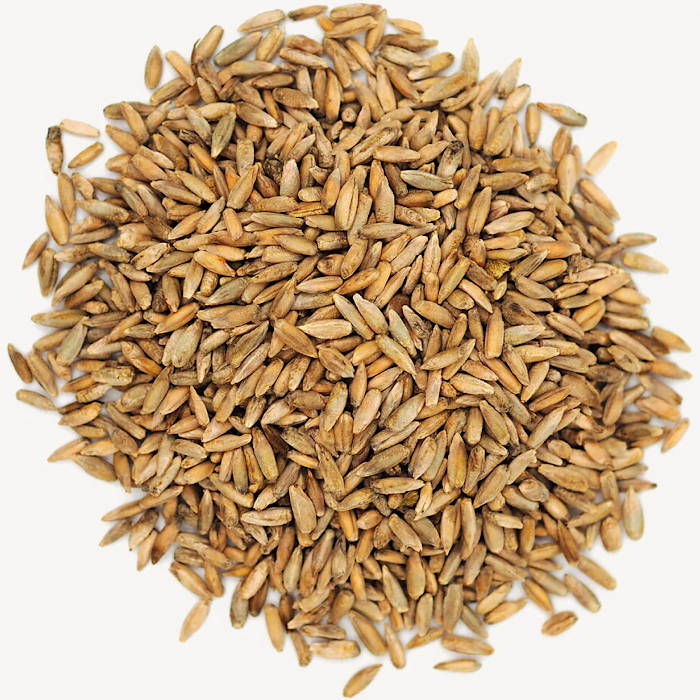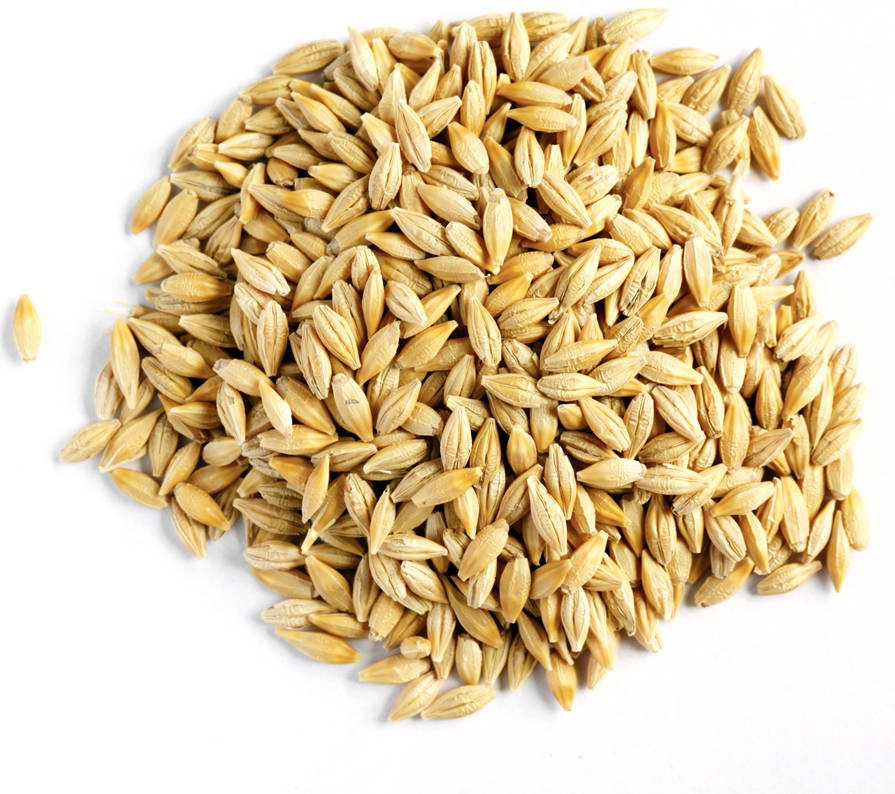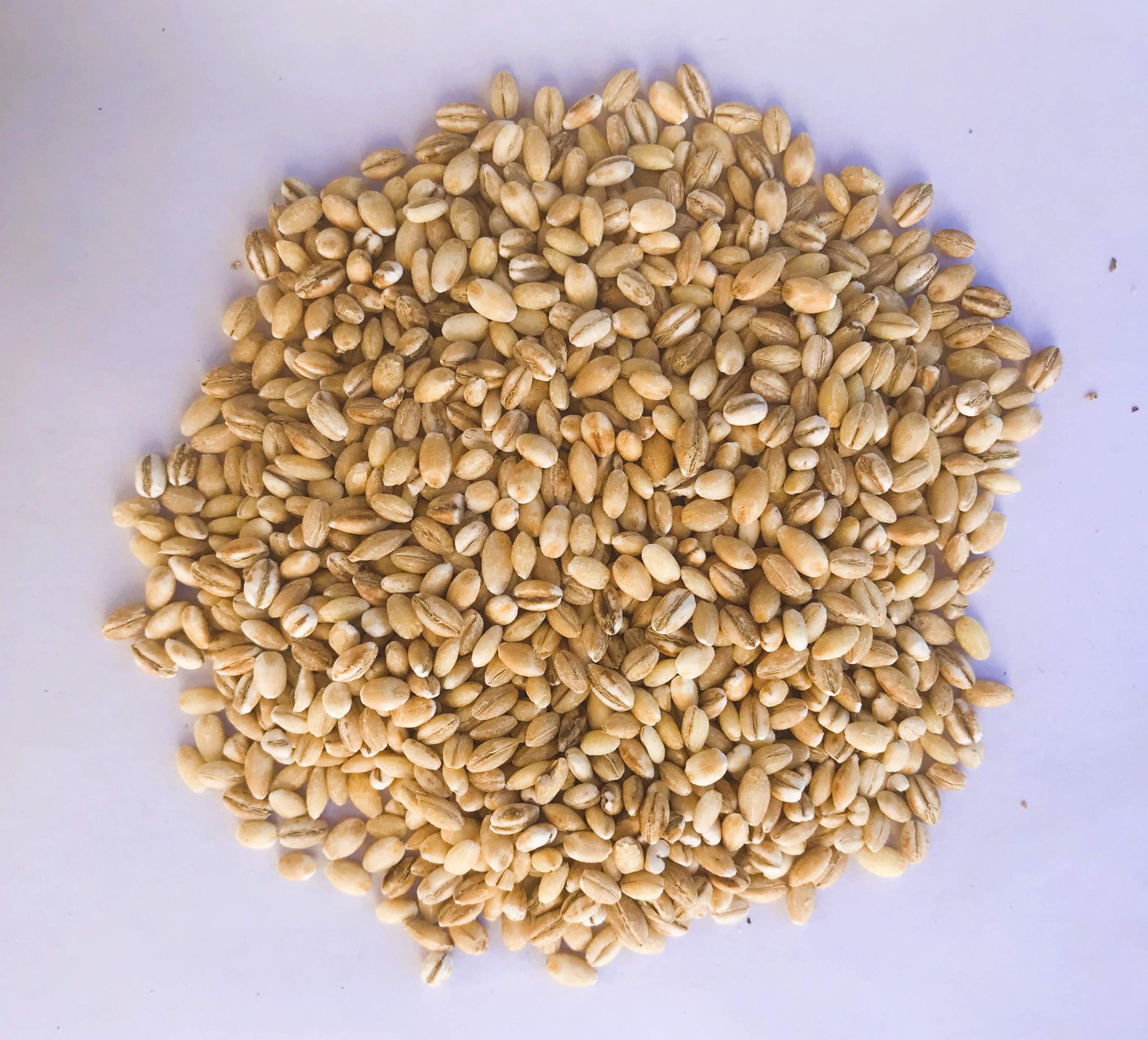Whole Dinkel / Spelt Grain
Whole spelt (or dinkel) grains are the intact kernels of the ancient spelt variety, a close relative of wheat. These grains retain their outer bran, germ, and endosperm, making them highly nutritious and rich in fibre, protein, vitamins (such as B-complex), and minerals like magnesium and phosphorus. Spelt grains have a slightly nutty, sweet flavour and a chewy texture when cooked.
They are versatile and can be used in a variety of dishes, such as salads, soups, and stews, or as a hearty alternative to rice or quinoa. Spelt grains can also be soaked and sprouted for added nutritional benefits or ground into flour for baking breads, pastries, and pasta. Their robust flavour and nutritional profile make them a popular choice in both traditional and modern recipes.



